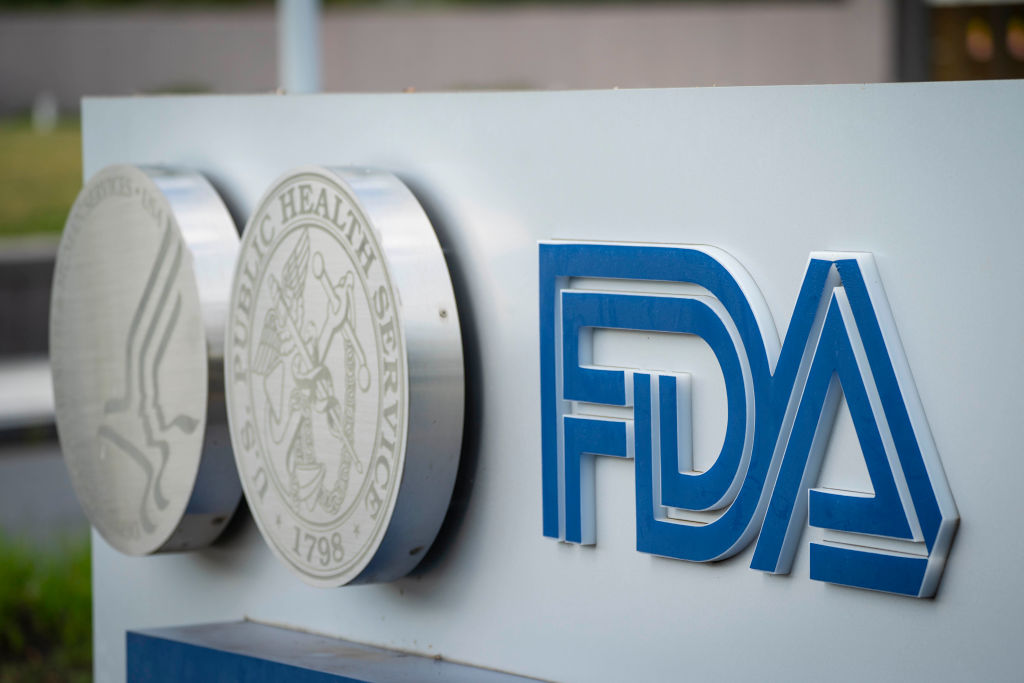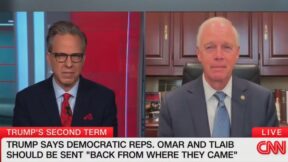FDA Set to Announce More Rigorous Covid Trial Guidelines, Making Trump’s Promise of Vaccine by Election Day Nearly Impossible

Photo credit: Sarah Silbiger, Getty Images.
The FDA announced that it would institute more rigorous standards and follow-up protocols before approving an emergency use authorization of any Covid-19 vaccine. The development appeared to be an attempt to allay the fears of a public that has grown increasingly skeptical about a potential coronavirus vaccine, after President Donald Trump has injected politics into the process by repeatedly promising a vaccine will be ready by Election Day.
According to new guidelines revealed on Monday by the Washington Post, the government’s key agency overseeing the multiple Covid-19 vaccine trials will soon roll out more comprehensive, long-term tracking requirements to gain approval. The move comes as a new Axios/Ipsos poll found that trust in any emergency-authorized vaccine has plummeted among the public, with just 39 percent of Americans — 43% of Democrats, 33% of Republicans — now saying they would get it as soon as it was available.
The guidance, which is far more rigorous than what was used for emergency clearance of hydroxychloroquine or convalescent plasma, is an effort to shore up confidence in an agency that made missteps in its handling of those clearances. With the vaccines, the FDA is expected to ask manufacturers seeking an emergency authorization — a far quicker process than a formal approval — to follow participants in late-stage clinical trials for a median of at least two months, starting after they receive a second vaccine shot, according to two individuals familiar with the situation who spoke on the condition of anonymity to discuss information before it is made public.
Because both Moderna and Pfizer launched their Covid-19 trials in late July and had only recruited about half of the 30,000 volunteers necessary one month later, the Post points out that it would be highly unlikely either of those trials will have enough follow-up data to get an vaccine approved by late October or early November. The third trial, from pharmaceutical company AstraZeneca, has already been suspended in the U.S. after two patients in the trial came down with a rare spinal disorder, pushing its progress back even further.
“Things are so revved up right now that there is quite a possibility that the American public won’t accept a vaccine because of all the things that are going on,” Baylor College of Medicine’s Peter Hotez told the Post. “U.S. history is littered with good vaccines that get voted off the island because of bad public perceptions.”
New: The Mediaite One-Sheet "Newsletter of Newsletters"
Your daily summary and analysis of what the many, many media newsletters are saying and reporting. Subscribe now!






Comments
↓ Scroll down for comments ↓